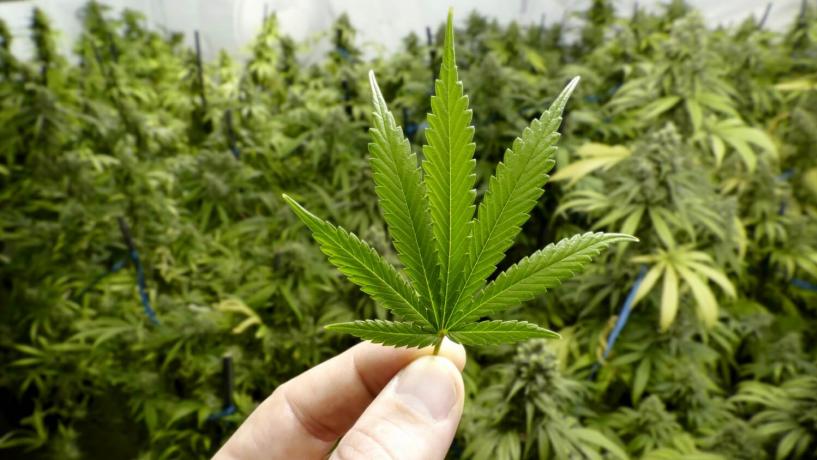
Hemp is currently used in the production of many different types of products such as textiles and building products, however, Food Standards Australia New Zealand (FSANZ) has recently opened up applications to permit foods derived from hemp.
Industrial hemp - specifically hemp seeds - is being heralded as one of the next superfoods due to its unusually high nutritional content. According to Hemp Foods Australia, hemp contains almost as much protein as soya beans, however, due to its protein composition, it is far more digestible. It’s extremely high in calcium, magnesium, iron and zinc and contains next to no carbohydrates. Hemp is also one of the only known foods to contain Vitamin D3, a vitamin normally obtained from the sun.
In addition to its nutritional value, hemp is also extremely eco-friendly and sustainable to farm. It’s fast-growing, robust and water efficient making hemp the logical alternative to materials such as cotton.
While hemp growing is legal in Australia under certain conditions, the consumption of hemp products is not.
What will the proposal mean?
If approved, the proposal will mean that hemp seeds can be used in the production of food products such as flour, oil and protein powder as well as sold as and consumed as a raw product. It’s important to note that hemp seeds and marijuana are very different. Hemp and hemp seeds contain next to no tetrahydrocannabinol (THC) - the chemical responsible for marijuana's psychological effects.
Previous applications to include hemp as a food product have been rejected in recent years by ministers responsible for food regulation, due to their concerns that the availability of hemp seed foods may send a mixed message to consumers about the acceptability and safety of illicit cannabis. There are also concerns that the introduction of hemp-based food products may pose additional problems for drug enforcement agencies.
It was determined that further work was needed to consider enforcement, roadside drug testing and hemp marketing issues. According to FSANZ, the ministers also noted that the results of a study into the effects on roadside drug testing would be critical to consider whether to permit the sale of low-THC hemp seed foods. In October 2016, ministers were advised the final report evaluating the impact of the consumption of low-THC hemp as a food on random drug testing protocols would be completed in early 2017.
The application outcome is due to be decided by April 2017.





